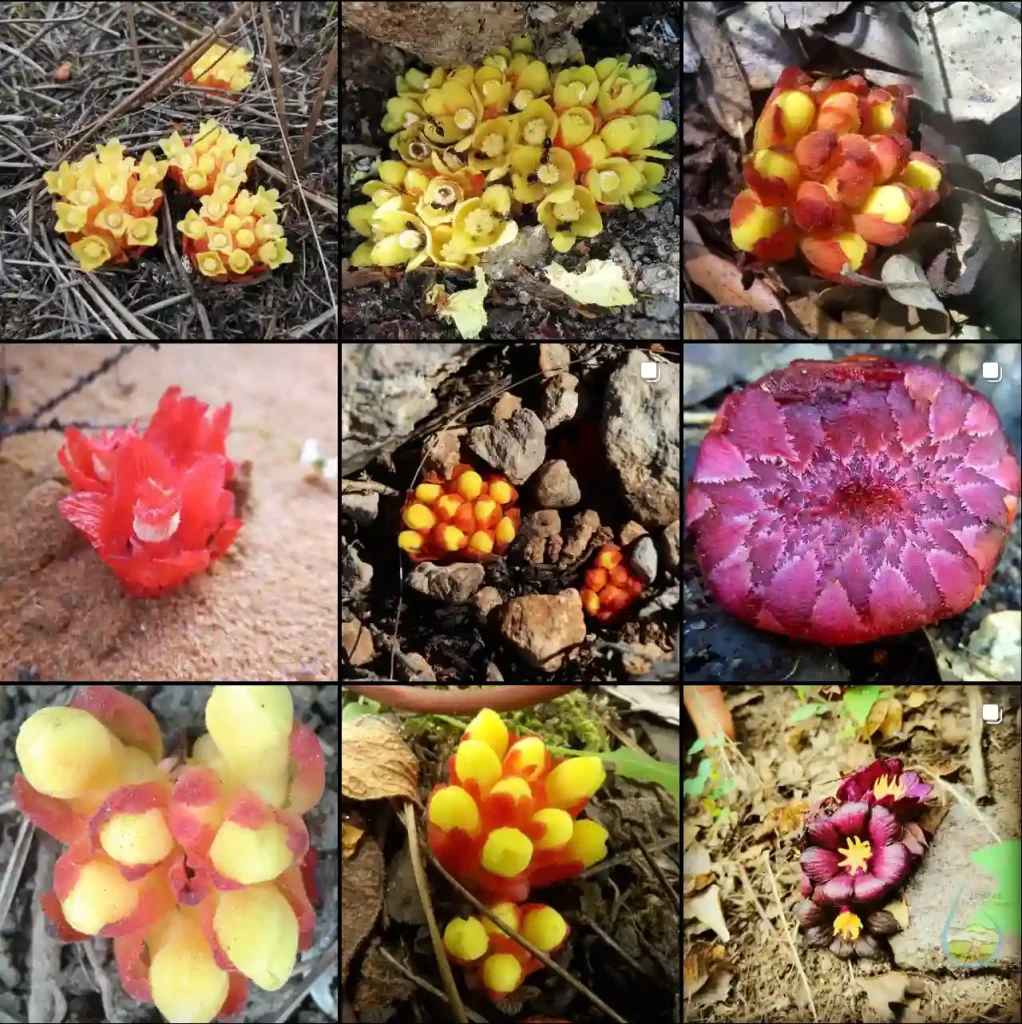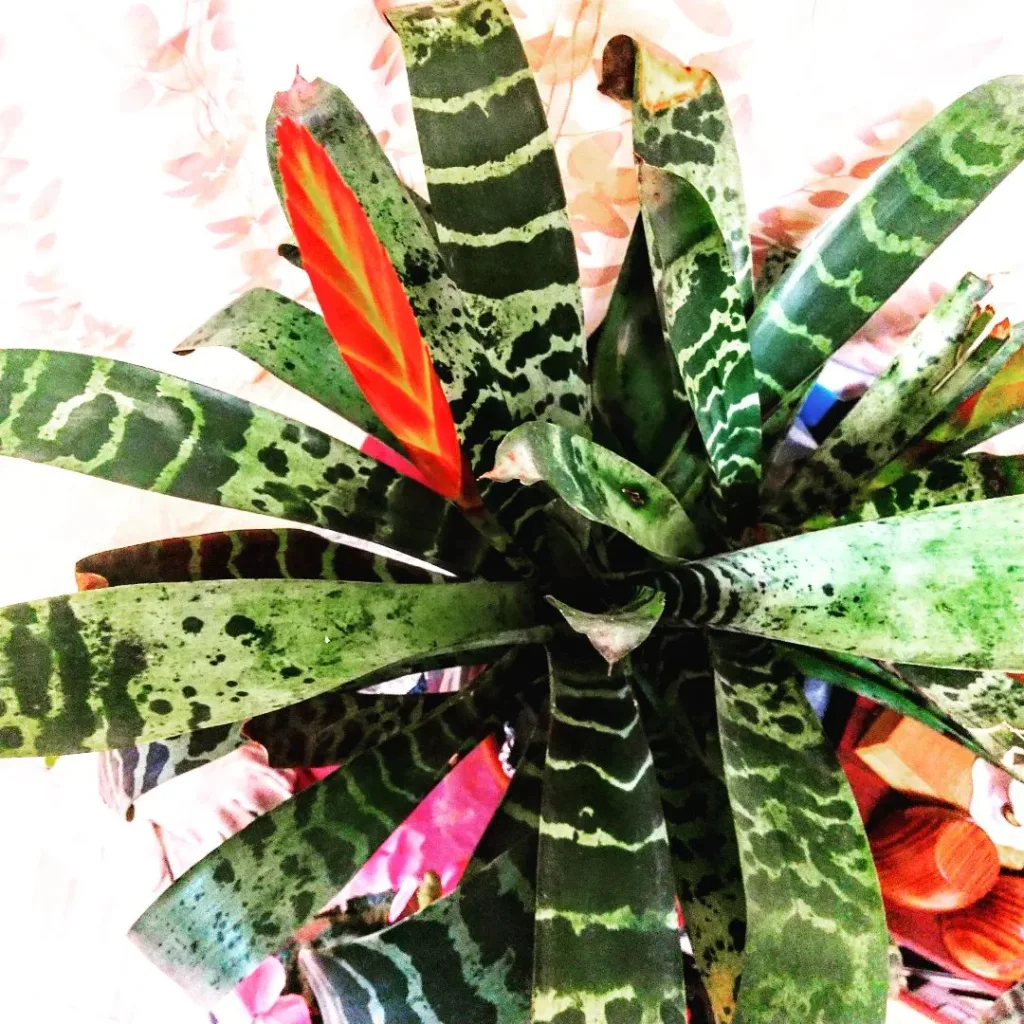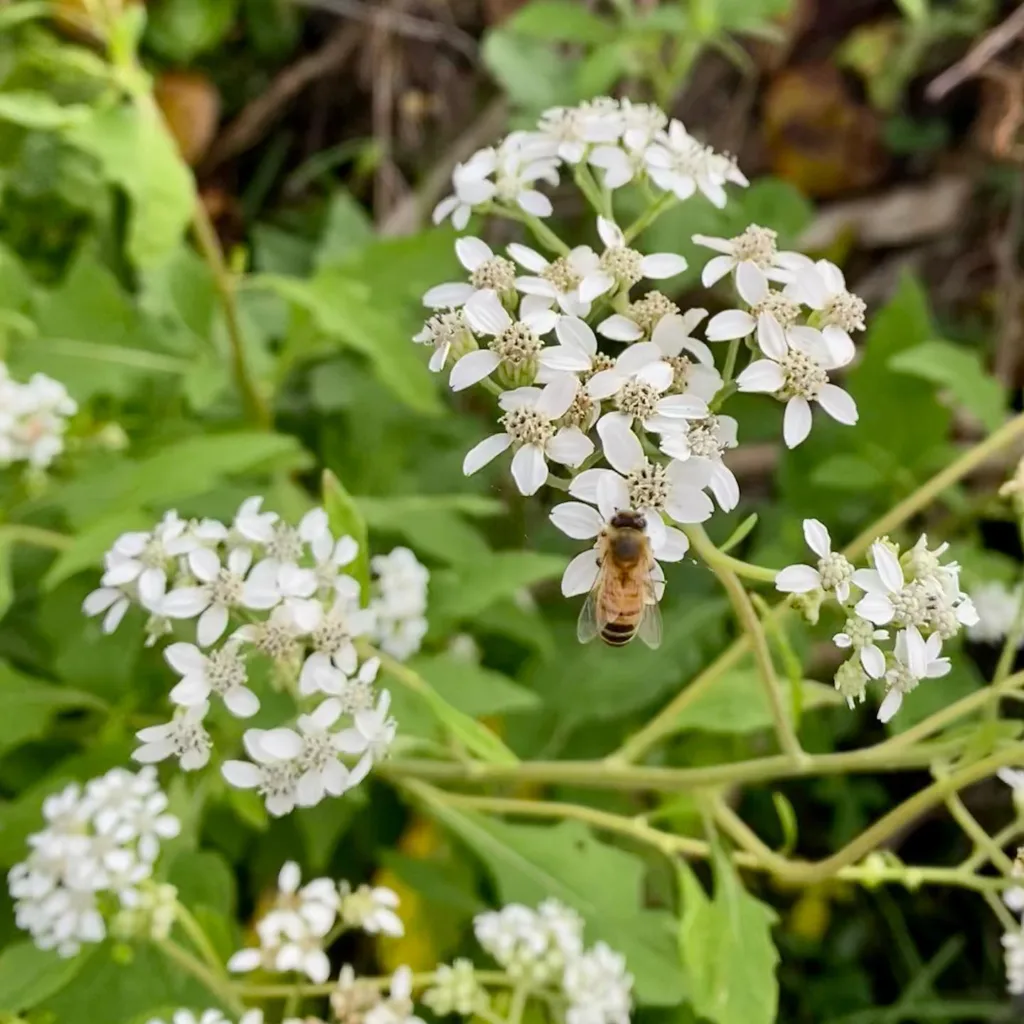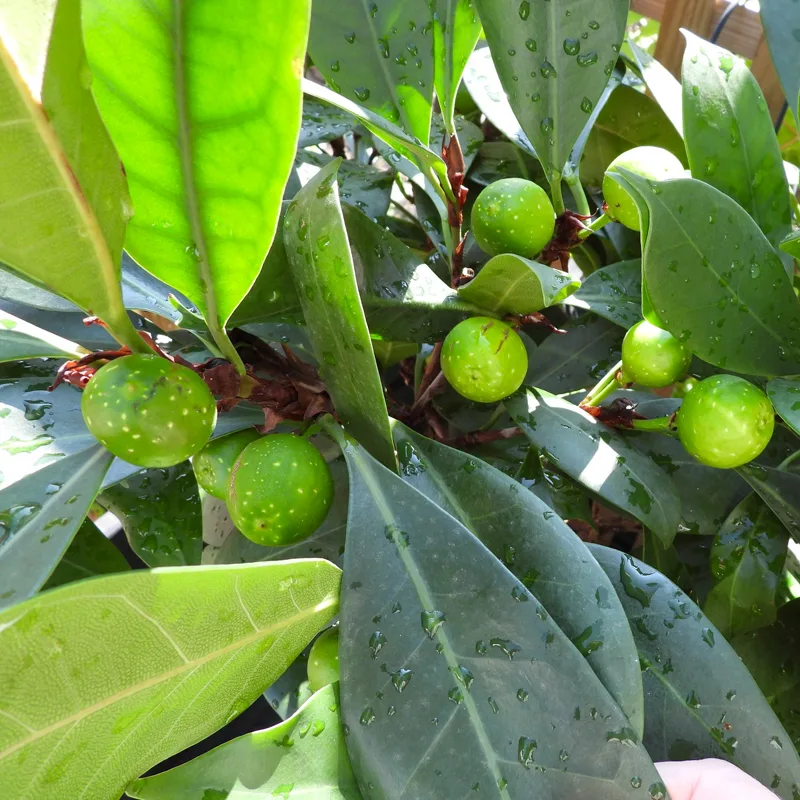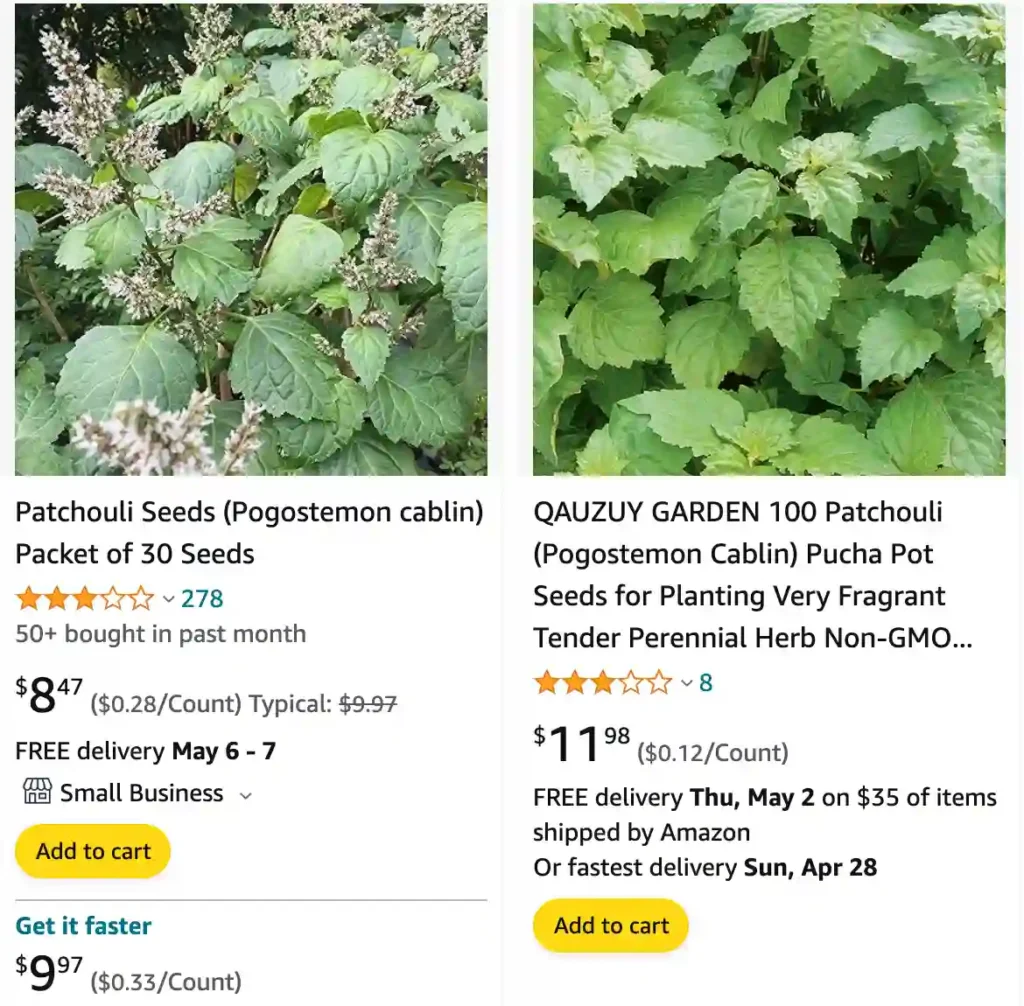
What is a patchouli?
Patchouli is a fragrant herb belonging to the mint family, native to tropical regions of Asia. It’s known scientifically as Pogostemon cablin and is prized for its aromatic leaves, which are used to extract patchouli essential oil. The oil has a distinctive, earthy, and musky scent, with woody undertones, and it’s widely used in perfumery, aromatherapy, and traditional medicine. Patchouli has a long history of use, dating back centuries in various cultures, where it has been valued for its purported medicinal properties and as an incense ingredient. Today, patchouli remains popular for its unique fragrance and potential therapeutic benefits, making it a versatile and beloved plant around the world.
Is patchouli safe for dogs?
I can’t say for sure because I haven’t personally tried it with my own dog, but from what I’ve read, patchouli can potentially be harmful to dogs if ingested in large quantities. It’s always better to err on the side of caution when it comes to our furry friends’ health. If you’re considering using patchouli around your dog, I’d recommend consulting with a veterinarian first to make sure it won’t cause any harm. Overall, I tend to stick to pet-safe products and essential oils that are specifically formulated for animals to avoid any potential risks.
Is patchouli safe for cats?
As much as I adore my cat, I haven’t experimented with patchouli around her. From what I’ve researched, essential oils like patchouli can be quite risky for cats. Cats lack certain liver enzymes that help them metabolize certain compounds found in essential oils, which can lead to toxicity if they’re exposed to them, especially if ingested or applied topically. Even diffusing patchouli oil around cats can pose a risk due to their sensitive respiratory systems. Given these concerns, I prefer to play it safe and avoid using patchouli or any other essential oils around my feline friend. If I want to create a calming environment, I opt for cat-friendly alternatives like catnip or pheromone diffusers.
Why is patchouli oil offensive?
I wouldn’t say patchouli oil is universally offensive, but I can understand why some people might find its scent overpowering or unpleasant. Personally, I think it’s all about individual preferences and associations. Patchouli has a distinct, earthy aroma that some people love, while others find it too strong or reminiscent of certain stereotypes. Overuse or poor quality of patchouli oil can also contribute to its negative reputation. Additionally, since patchouli has been popularized in counterculture movements and associated with certain subcultures, some individuals may have preconceived notions about it that influence their perception of the scent. Personally, I think it’s important to respect everyone’s preferences when it comes to scents and to use fragrances in moderation, considering the impact they may have on others.
What is patchouli scent?
Patchouli scent is quite distinctive and memorable. It’s often described as earthy, musky, and slightly sweet, with woody undertones. Personally, when I encounter patchouli scent, I’m immediately struck by its rich and deep aroma, which can vary in intensity depending on its concentration and the quality of the oil. It’s like being enveloped in a warm, comforting blanket of earthiness, with hints of spice and sweetness dancing around in the background. Some people find patchouli scent to be grounding and soothing, while others may find it too strong or overpowering. Overall, patchouli scent is complex and multifaceted, making it a distinctive and polarizing fragrance that evokes different emotions and associations for different people.
How to grow patchouli?
Growing patchouli can be a rewarding experience, but it requires specific conditions to thrive. I’ve had some success with growing patchouli myself, and here’s what I’ve learned. Patchouli plants prefer warm, humid climates and well-draining soil with a slightly acidic to neutral pH. Start by obtaining patchouli seeds or seedlings from a reputable source. Plant them in pots or directly in the ground in a location with partial shade or filtered sunlight. Keep the soil consistently moist, but not waterlogged, and provide regular fertilization during the growing season. Prune the plants occasionally to encourage bushiness and remove any dead or diseased growth. Additionally, since patchouli is sensitive to cold temperatures, it’s important to protect it from frost or extreme cold by bringing it indoors during the winter months or providing adequate insulation. With proper care and attention, you can enjoy growing your own patchouli plants and even harvest their leaves for use in making essential oils or enjoying their unique fragrance.
How to pronounce patchouli?
The pronunciation of “patchouli” is generally puh-CHOO-lee. The emphasis is on the “CHOO” syllable, and the “li” at the end is pronounced as “lee.” It’s a soft “CH” sound, similar to the “sh” sound in “shoe.” Overall, it’s a straightforward pronunciation once you get the hang of it!
Where to buy patchouli plant?
You can find patchouli plants at various nurseries, garden centers, or online plant retailers. I’ve purchased mine from local nurseries and specialty plant shops that carry a wide range of herbs and aromatic plants. If you prefer shopping online, there are many reputable websites that offer patchouli plants for sale and can ship them directly to your doorstep. Just make sure to choose a trusted seller with good reviews to ensure the quality of the plant you receive. Additionally, if you have any gardening clubs or forums in your area, they might be able to recommend reliable sources for purchasing patchouli plants or even offer cuttings or seeds from their own plants.
Does patchouli repel bugs?
Patchouli is often touted as a natural insect repellent due to its strong scent, which some insects find unpleasant. Personally, I’ve used patchouli oil diluted in a carrier oil as a homemade insect repellent with some success. However, it’s important to note that the effectiveness of patchouli as a bug repellent can vary depending on factors such as the concentration of the oil, the species of insects, and environmental conditions. While patchouli may help deter some insects like mosquitoes, it may not be as effective against others. Additionally, it’s always a good idea to conduct a patch test on a small area of skin before using any essential oil topically, as they can cause irritation in some individuals. Overall, while patchouli may have some insect-repelling properties, it’s not a foolproof solution, and I recommend using it in conjunction with other pest control methods for best results.
How to make patchouli oil?
Making patchouli oil at home requires a few steps and some patience, but it’s a rewarding process. Here’s a basic method that I’ve used before:
Harvest Patchouli Leaves: Start by harvesting fresh patchouli leaves from your plant. Choose leaves that are mature and healthy, as they will contain the highest concentration of aromatic oils.
Dry the Leaves: Lay out the patchouli leaves in a single layer on a clean surface, such as a drying rack or a tray lined with paper towels. Allow the leaves to air dry in a warm, well-ventilated area away from direct sunlight. This process can take several days to a week, depending on the humidity levels in your environment.
Crush or Chop the Leaves: Once the leaves are completely dry and brittle, you can crush them by hand or chop them finely with a knife. This will help release the essential oils contained within the leaves.
Infuse in Carrier Oil: Place the dried and crushed patchouli leaves in a clean, dry glass jar. Cover the leaves with a carrier oil of your choice, such as jojoba oil, sweet almond oil, or olive oil. Make sure the leaves are completely submerged in the oil.
Steep the Mixture: Seal the jar tightly and place it in a warm, dark place to steep. Allow the patchouli leaves to infuse in the carrier oil for at least a few weeks, shaking the jar gently every few days to help distribute the oils.
Strain and Store: After the infusion period, strain the oil through a fine mesh sieve or cheesecloth to remove the plant material. Transfer the strained patchouli oil into a clean, dark glass bottle with a tight-fitting lid. Store the oil in a cool, dark place away from direct sunlight.
Your homemade patchouli oil is now ready to use! You can use it as a natural perfume, in aromatherapy, or as a base for DIY skincare products. Remember to perform a patch test before using the oil on your skin to check for any adverse reactions. Enjoy experimenting with your homemade patchouli oil!
What is patchouli fragrance?
The patchouli fragrance is deeply earthy, woody, and musky, with hints of sweetness and spice. It’s a complex aroma that can evoke feelings of warmth and comfort. Personally, I find patchouli fragrance to be both grounding and sensual, with a richness that lingers in the air. It’s often described as exotic and mysterious, with a depth that invites exploration. Some people find patchouli fragrance to be polarizing, either loving or disliking its distinctive scent. Overall, patchouli fragrance is bold and unforgettable, making it a popular choice in perfumery and aromatherapy for those seeking a unique and captivating scent experience.
What is patchouli incense good for?
Patchouli incense is popular for various purposes due to its distinctive fragrance and purported benefits. Many people use patchouli incense for its calming and grounding properties, finding that its earthy aroma helps create a sense of relaxation and inner peace. Personally, I’ve found that burning patchouli incense can be particularly beneficial during meditation or yoga practice, as it can enhance focus and spiritual connection. Additionally, some believe that patchouli incense has aphrodisiac qualities and use it to create a romantic atmosphere or to enhance sensual experiences. Furthermore, patchouli incense is often used for purification rituals and to dispel negative energy, making it a popular choice for spiritual practices and ceremonies. Overall, whether it’s for relaxation, romance, or spiritual purposes, patchouli incense can be a versatile tool for enhancing ambiance and promoting well-being.
Does patchouli smell like weed?
Patchouli and the scent of marijuana can share some similarities, especially to those who are less familiar with either aroma. Both patchouli and marijuana can have earthy and musky undertones, which might lead some individuals to associate them with each other. However, while there might be some overlap in the general earthiness of their fragrances, they are distinct scents with different aromatic profiles. Patchouli tends to have a deeper, more complex aroma with woody and spicy notes, whereas marijuana typically has a more herbal and pungent scent with hints of sweetness. So, while there may be some resemblance between the two, especially to the untrained nose, they are ultimately distinguishable fragrances.
What is patchouli perfume?
Patchouli perfume is a fragrance that prominently features patchouli oil as one of its key ingredients. It’s known for its distinctively earthy, musky, and woody aroma, often with hints of sweetness and spice. Patchouli perfume can vary widely in its composition, with some blends focusing primarily on patchouli as the dominant note, while others incorporate it as part of a more complex scent profile. Personally, I find patchouli perfume to be deeply sensual and captivating, with a richness that lingers on the skin and evolves over time. It’s a fragrance that can evoke feelings of warmth, comfort, and intrigue, making it a popular choice for those who appreciate its unique and alluring scent.
Is patchouli an aphrodisiac?
The idea that patchouli is an aphrodisiac has been around for centuries, and it’s often associated with sensuality and romance. While there’s limited scientific evidence to conclusively support this claim, patchouli’s deep, musky scent has historically been linked to feelings of attraction and desire. Personally, I think scent is highly subjective, and different individuals may respond to patchouli in different ways. Some may find its aroma alluring and provocative, while others may not perceive it as such. Whether patchouli truly acts as an aphrodisiac likely varies from person to person, depending on their individual experiences and associations with the scent.
If i die, water my plants!
